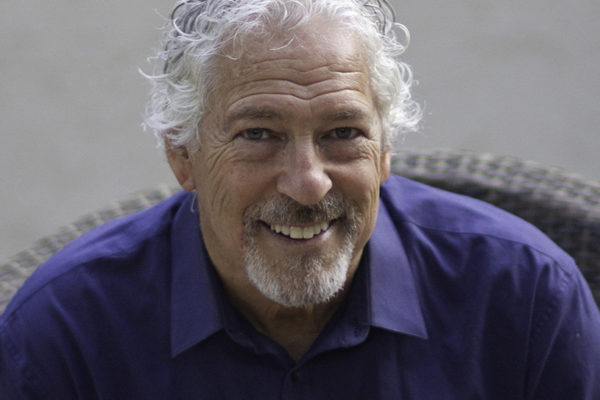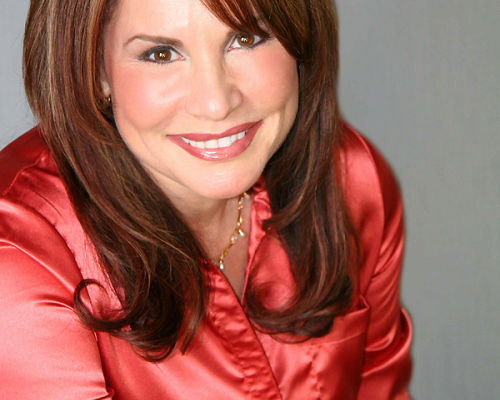
Dr. Relly Nadler: In this show we are following up on our research for our book, Emotional Brilliance: Living a Fearless Life. We all have emotions all day long and how many of us know how and what to do with them. We want to take a deeper dive into emotions. Why? Because it really influences our decisions. It influences our communication. It influences our relationships.
In this show, we want to be able to explore emotional brilliance and why it’s important. What it is, and hands-on strategies to be fluent and also brilliant in our emotions.
Dr. Cathy Greenberg: I’m very excited about today’s show. I think sharing our upcoming book with our audience is going to hopefully, help them think about their lives in a different way—think about how they use emotions, and get them ready for a powerful introduction to how they can have a better life and live absolutely fearlessly. As we know, when we use our talents and our strengths, and our experiences appropriately, and we leverage them, we become absolutely fearless in our ability to achieve our goals. This is just such an amazing experience, but it’s also very empowering. It gives everybody an opportunity to be the best they can be with very little effort. It’s really about awareness.
So, today’s show is just going to be another chapter in helping everyone be their best and hopefully will be growing with them as we share.
Maybe we should just start off by explaining why we want to write this book and how we have been using emotional intelligence, social awareness, social-emotional awareness, over the last decade?
Dr. Relly Nadler: Well, both of us have been using that with our consulting clients and that is why I want to pick your brain about some of the things that you are seeing around emotional intelligence and I’ll share some of mine. Both of us are certified in the Emotional Quotient Inventory along with other emotional intelligence surveys and bringing that to the consulting clients that we deal with.
One of the things I wanted to share, Cathy, is why are we talking about this. Us, working with leaders, day-in, and day-out, organizations day-in and day-out. The leader is the emotional thermostat for their team or organization. The more aware they are of what is going on with them, the more they can read the environment and be strategic about which emotions that they are accentuating and focusing on, the better their team is going to be.
So, if the leader is calm, cool, and collected even in times of stress, that gets promoted to everybody else and they are going to feel calm. One of the things I like to say, Cathy, in organizations and you have some of the background from anthropology, we know studying animals that the alpha male or the alpha female of the animal sits outside the herd. When anthropologists have studied this all the animals in the herd look at the alpha male/alpha female and say, do you see anything out there because they are looking out. Are there any predators? Are we safe? Are we okay? They look at that alpha male/alpha female as much as 17 times a minute.
In an organization, they are looking at whatever the chaos is—they are looking at their leader. We say, are you freaked out about this? Are we okay? Do we have a strategy?
That’s why this whole idea of emotions are contagious and why we are having the deep dive about emotional brilliance.
Dr. Cathy Greenberg: I was going to say, Relly, that’s a great analogy to use, having, as you know, worked with primates for 10 years before I  worked with a human being, it’s interesting that we can make that emotional connection, right? They have that emotional connection, you are talking about, as much as 17 times in a short period of time to look for comfort, to look for safety. To look for the flexibility that you might need to move quickly to take your loved ones with you. Perhaps even go into an area where a food source may be high risk.
worked with a human being, it’s interesting that we can make that emotional connection, right? They have that emotional connection, you are talking about, as much as 17 times in a short period of time to look for comfort, to look for safety. To look for the flexibility that you might need to move quickly to take your loved ones with you. Perhaps even go into an area where a food source may be high risk.
It is not uncommon, as you know in corporate America or in a hospital where you have been working, to have people look for that kind of emotional sustainability as part of the foundation on which they will make decisions, they will take action, and they will create an environment for productivity.
Dr. Relly Nadler: Yes. You had a good experience in the animal kingdom and huge experience with humans. Let me just share one of the working definitions of emotional brilliance that you and I are both playing with and then we can go more into this.
So, what is it? One way to look at it is it’s about the ability to master the moment so that everything is happening in the moment by using emotional intelligence strengths and emotional competencies and strategies so that in the moment you have the best response to the current situations. Maybe it’s communication. Maybe it’s a decision. Maybe it’s a judgment. It’s made up of some of your self-awareness inputs about yourself and then also about others and the situation, in that moment, bringing in all those resources so that you really have a great output or result.
What we are trying to do today and moving forward, is how do we help our leaders/listeners expand, improve, and select just the best emotional competency that will help them in that moment.
Listen to the entire interview above.
Relly

